A school based paid internship and trainee program for 16-18 year olds in NSW secondary education looking for work experience in the Disability and Aged care sector.

The Cadetship program is voluntary and involves students attending the apprenticeship along side their school studies and attending a summer camp.
Students get to build important and transferable skills as well as contribute to the community. After the program they will be able to pursue a career in a number of different disciplinaries such as Support Worker, Doctor, Allied Health and Nursing.
The Cadetships are a way in which NDIS businesses can support students studying at a tertiary level to develop practical experience in their chosen field of study. A cadetship is more than a scholarship. It is a holistic approach to the development of a young person in the community health care workplace.
All types of vocations within the disability and aged care sector can be covered under the traineeship. Training delivery can range from face to face, on-line and on-the-job or a combination, depending on the CRT Regional Training Organisations arrangement.
At the end of the Traineeship, all trainees that complete the term and the training will receive a nationally accredited certificate. The advantage of a Traineeship is that you can learn on the job, building your skills and experience needed for your career.
Eligible for Students in years: 10, 11 and 12
Duration: 2 years
Intake: 100 students per school
Enrollment fee $500 per year (student contribution)
Minimum 120 hours per year. This includes Class Room Theory & Practice
Maximum 18 hrs per week during School days
Maximum 40 hrs per week during School Holiday breaks
Students will be working with NDIS disability participants and Aged care
Students will graduate from the program with a Cert III, Cert IV in Disability or a Diploma in Nursing.
Certification pathways
Base level this is cert III and cert IV
This covers 4 ETA units
Advanced level is Diploma in nursing and Dip in Community services.
This covers 5 ETA units

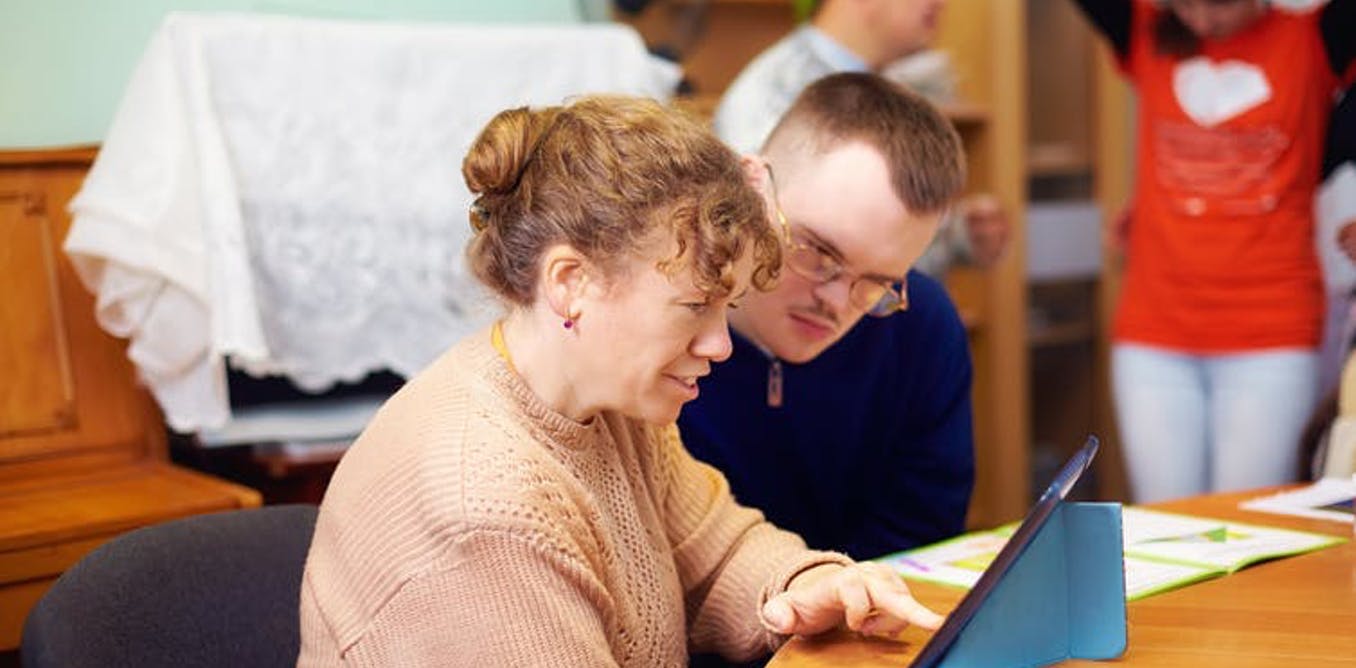

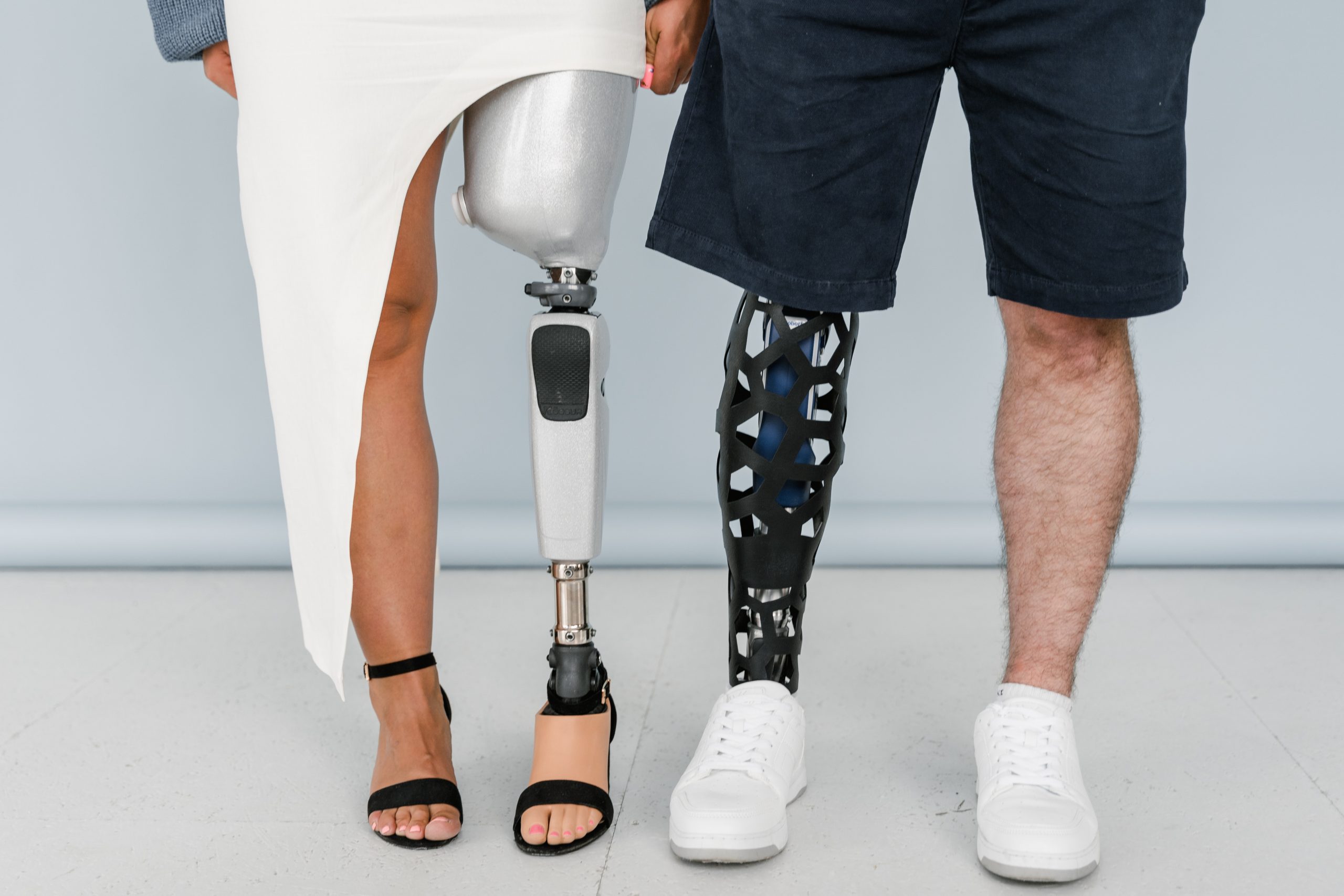

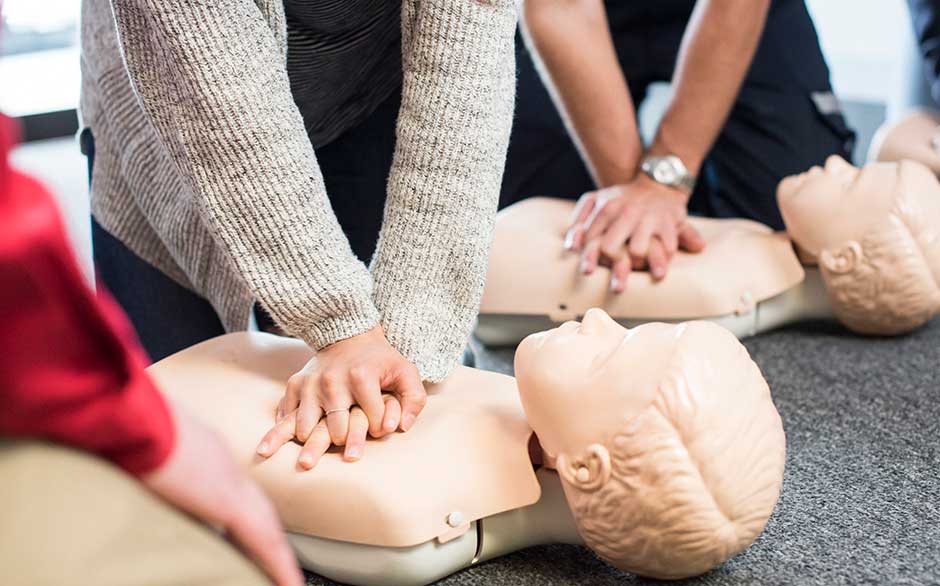
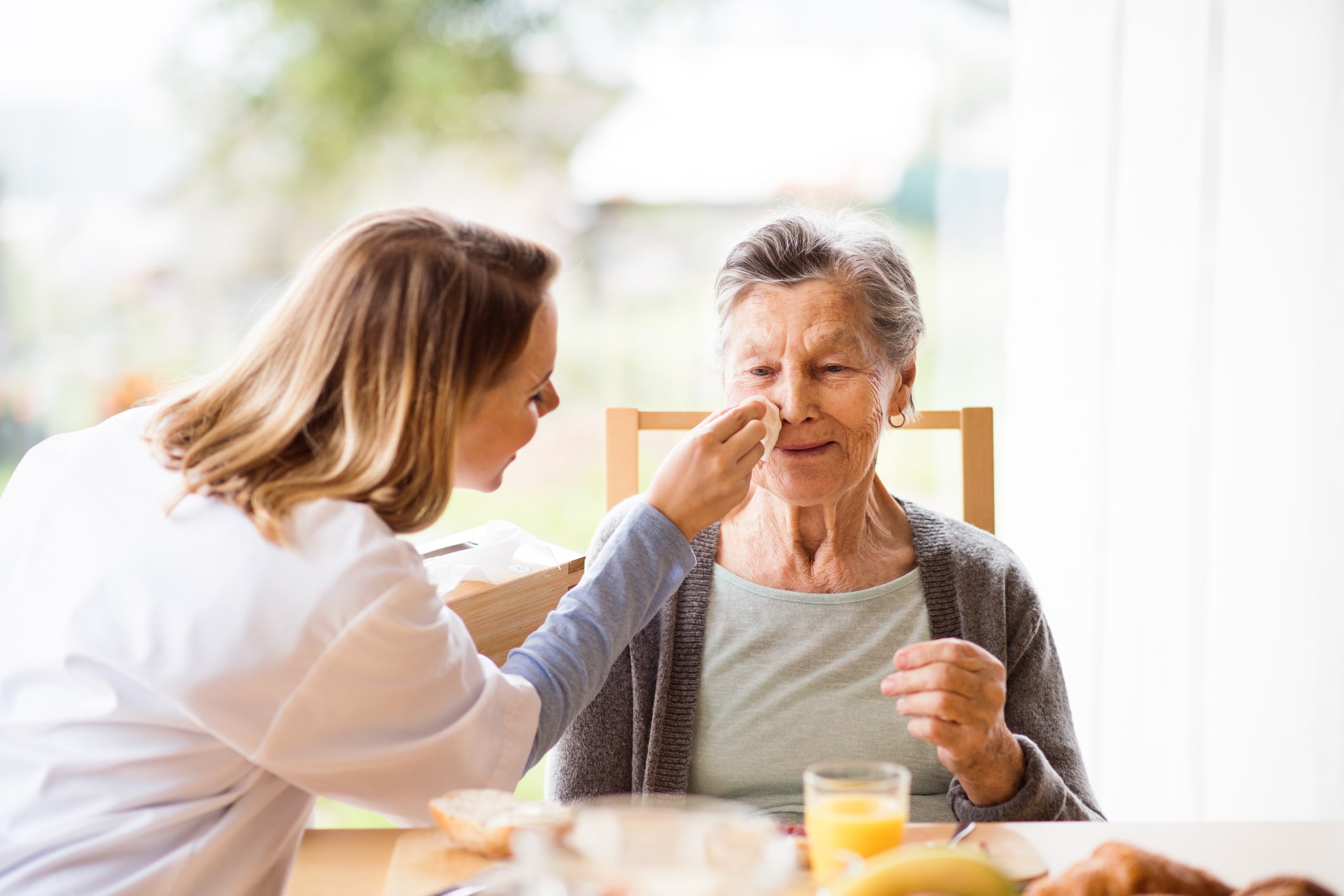

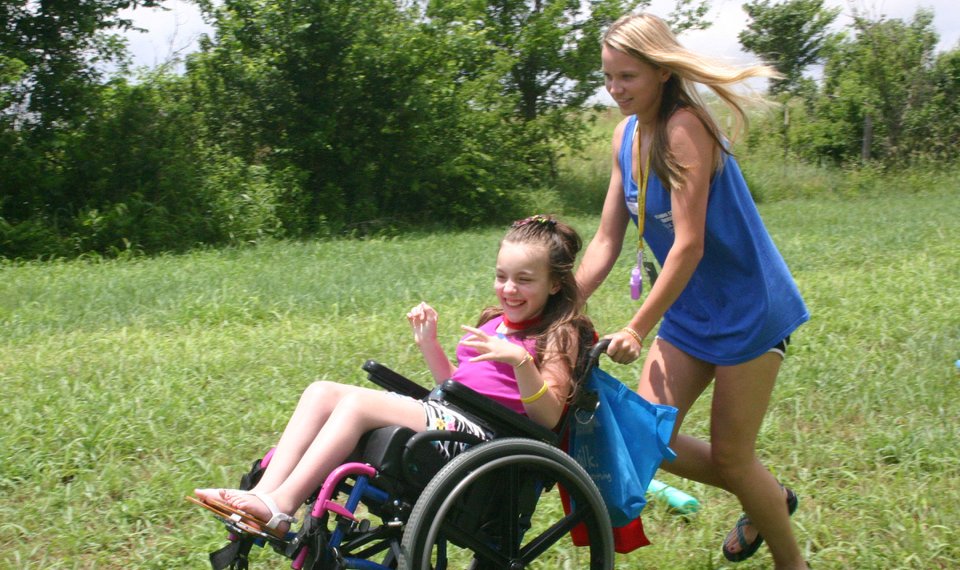


Given below are the objectives and aims of the CRT PROGRAM:
● To help students develop a community social health care knowledge rights and responsibilities and leadership qualities.
● Helping students share responsibilities and develop abilities towards community social care living.
● To help develop civic and social justice rights and responsibilities.
● To help students understand their roles in the community and rights and responsibilities of child protection , disability and Aged care needs
● Helping students develop a capacity building program to handle emergency & crisis situations and ablity to assist community during natural disasters in their local, regional, state and national levels participation, where vulnerable people living with disability and aging facing challenges due to their change of circumstance.
● Help gain skills in Disability and Aged care sector for organising participation in their local community service providers.
● To help students make use of their skills and knowledge to find practical solutions to community and individual problems also participate in CRT Cadetship program where they also opportunities work in disability and aged care sector as an 20 hrs per week as an apprenticeship program
● To point out the problems and requirements of the community and help in solving them in case any problem arises in their community
● To know about the type of community they work in ,where gain knowledge and better understanding of Social health care profession as a career pathway program.
● To help students better understanding and their practice towards community integration and social harmony.

To be eligible for a Fee-Free Scholarship, you must:
● Be wanting to study a full qualification up to and including Certificate IV (use the Course Finder); and meet the Smart and Skilled eligibility criteria.
● Be aged between 15 and 30 years when you start training; and
● Be either the recipient of a specific Commonwealth Government benefit or allowance or the dependent of such a recipient; or be aged 15-17 years and currently in out-of-home care or aged 18-30 years and previously have been in out-of-home care or
● Be aged 15 years or over and have a letter of recommendation from a domestic and family violence service, refuge or other support agency.
● A student is eligible for one scholarship per financial year and a maximum of two scholarships over four financial years.
● This limit does not apply to a student who is living in NSW Social Housing or on the NSW Housing Register (waiting list); or a student who meets the out-of-home care criteria for a Fee-Free Scholarship.
● Diploma and Advanced Diploma level qualifications are not eligible for Fee-Free Scholarships.
● Undertake a minimum of 100 days in paid employment and training.
● Complete Certificate III Health Services Assistance as part of your HSC.
● The employment and training can be undertaken during school time, after school and during school holidays.
Both on the job and off the job through written tests, project work and practical exercises.
| Course | ATAR eligibility | HSC Unit Credit |
|---|---|---|
| Health Services Assistance | Yes | Minimum 5 units over two years towards your HSC for the formal training component (VET course). |
| Industry-based Learning course (optional) |
No | This optional course recognises the significant work component involved in the school based apprenticeship. The course offers an additional 4 units credit towards your HSC. This HSC VET course does not contribute towards the calculation of the ATAR. |